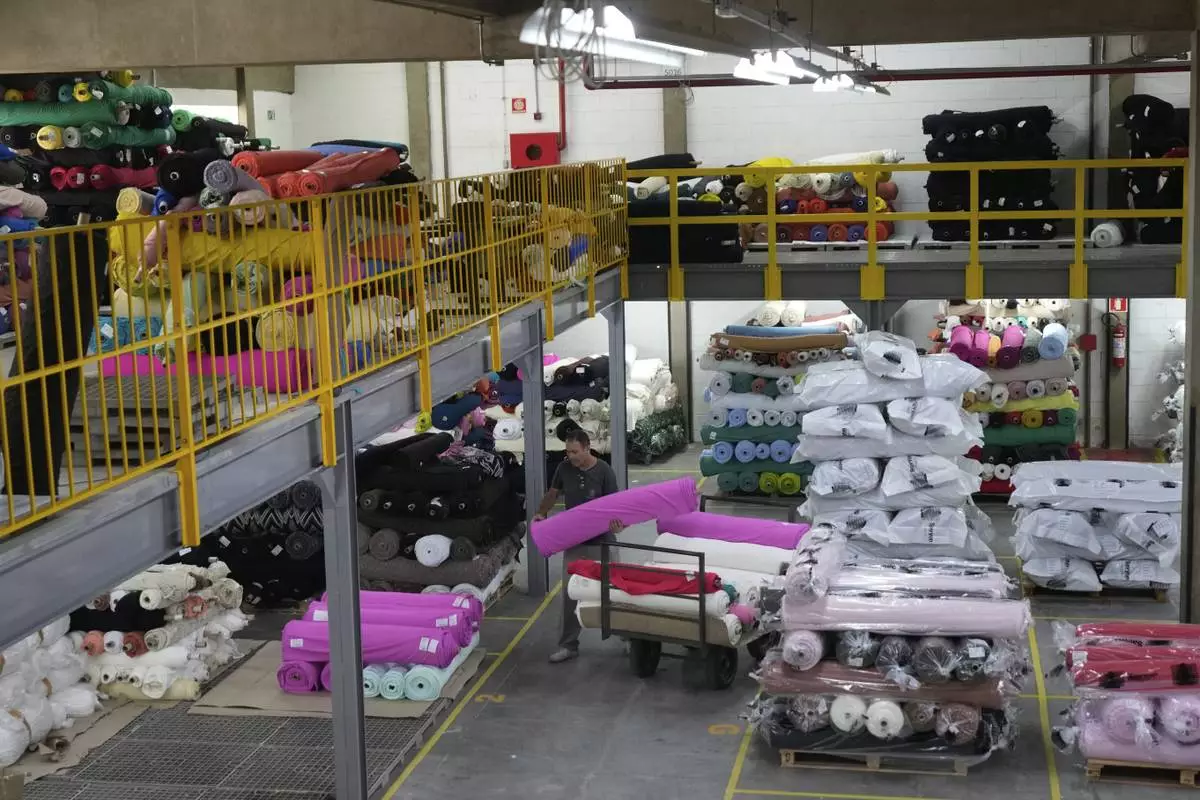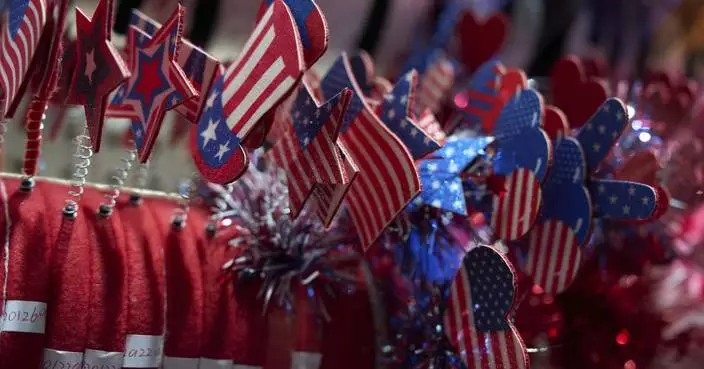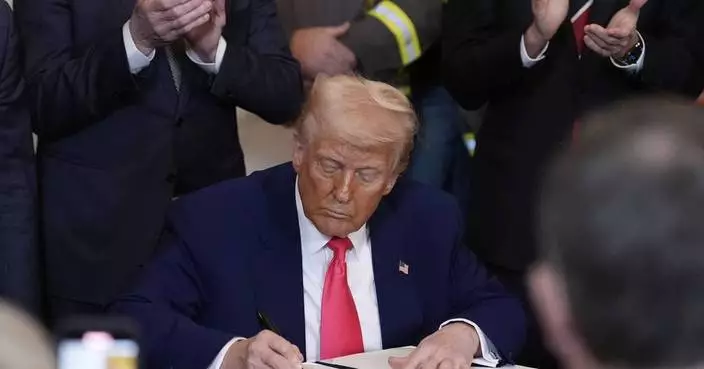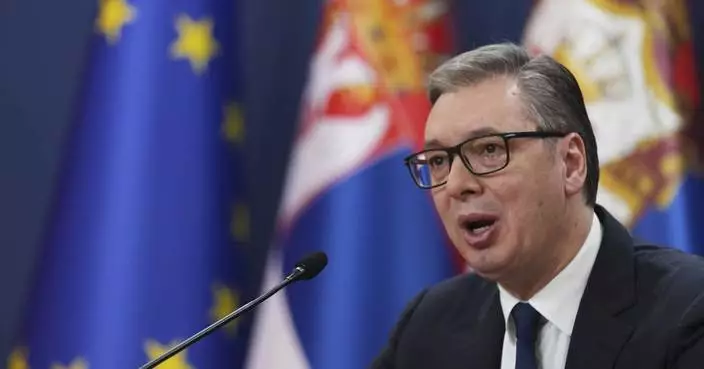ZUG, Switzerland--(BUSINESS WIRE)--Apr 3, 2025--
Nela Mullaj brings over 20 years of extensive experience in the financial sector and has a proven track record of leadership and innovation.
This press release features multimedia. View the full release here: https://www.businesswire.com/news/home/20250402700418/en/
“I am incredibly excited to step into this role,” says Mullaj. “It is my hope that my deep understanding of the financial landscape, combined with a clear strategic vision, will prove instrumental as we continue to expand our presence and deliver cutting-edge solutions to our clients across EMEA and APJ; solutions that address their specific needs and foster strong partnerships.”
In her capacity as COO, Mullaj will oversee operations, optimise business processes and develop KPIs to drive efficiency and growth. She will also play a pivotal role in scaling operations to meet the increasing demand for WeFi’s innovative financial solutions, particularly in the context of the rapid growth of AI-driven projects.
“Businesses eager to capitalise on the transformative potential of artificial intelligence require flexible financial solutions for such large-scale deals,” explains Mullaj. “WeFi is helping to bridge this gap. By providing essential credit lines and payment terms, we are enabling them to secure their place at the AI table and drive innovation.”
It’s this ‘bridging the gap’ mentality that drives WeFi to address the opportune and intricate landscape presented by EMEA and APJ, where a one-size-fits-all approach is simply not feasible in these markets.
As Mullaj points out: “Each region possesses unique complexities, influenced by varying banking systems, taxation laws, regulatory frameworks, linguistic nuances and distinct business practices. By successfully developing a product in one market, we leverage the underlying concept and established relationships to facilitate expansion into others. Our strengths lie in navigating the intricate tapestry of these dynamic regions,” she says.
“I am immensely proud to be part of the WeFi family, and to contribute further to this exceptional team that goes above and beyond to achieve remarkable results through collective effort and a shared vision,” she concluded.
###
For more information about WeFi Technology Group visit:https://wefitec.com/


Nela Mullaj, Chief Operating Officer, EMEA & APJ at WeFi Technology Group
SAO PAULO (AP) — Brazil will prioritize trade negotiations with the United States to address the tariffs imposed by President Donald Trump as it is continues to expand commercial agreements with other countries as a way to offset the impact, a top foreign trade official said Thursday.
“The guidance from the minister and Vice President (Geraldo Alckmin) is to negotiate, negotiate, negotiate,” Foreign Trade Secretary Tatiana Prazeres said at an online event hosted by the Brazil-China Business Council. “We have an open dialogue with U.S. authorities."
Brazilian imports to the United States have faced a 10% tariff since last week. Steel, one of Brazil’s key exports to the U.S., has been subject to a 25% tariff since March.
The United States is Brazil’s second-largest trading partner, behind China. In 2024, the U.S. trade surplus with Brazil reached $28.6 billion in goods and services.
President Luiz Inácio Lula da Silva has said publicly that Brazil doesn’t rule out retaliation but remains committed to dialogue with the U.S.
Brazilian officials from the Foreign Ministry and the Ministry of Industry and Development have held meetings with the Trump administration for over five weeks, according to a top official who spoke to The Associated Press on condition of anonymity because they were not authorized to speak publicly.
Talks began after the U.S. imposed the 25% tariff on Brazilian steel. Brazil has argued that it is a key supplier of semi-finished steel to the U.S., underscoring the integrated nature of the trade: for example, the same ships that bring U.S. coal to Brazil return carrying semi-finished steel, critical to the American industry. Brazilian officials have also warned that penalizing Brazil could strengthen Asian competitors, particularly those backed by China.
When the 10% tariff was announced on April 2, Brazilian officials felt a certain relief, as they believed the weeks-long negotiations may have helped avoid a worst-case scenario of higher tariffs.
Still, the extra taxes have raised concern and uncertainty.
Brazil’s top exports to the U.S. include crude oil, aircraft, coffee, cellulose and beef. Orange juice exports are also expected to be significantly affected, as the U.S. accounts for the majority of the exports.
Prazeres said Thursday the U.S. trade war could bring some opportunities. “In the past, during the first version of the trade war, we saw an increase in Brazil’s soybean exports to China. But that’s not the scenario we hope for, because the risks are very significant,” she said.
Brazilian authorities are also tracking the potential impact of a surge in Asian exports that are no longer reaching the U.S. market. “We are monitoring significant, atypical changes in trade flows,” Prazeres added.
While continuing talks with the U.S., Brazil is also working to expand its trade agreements with other countries and blocs. Prazeres highlighted recent deals signed between the Mercosur bloc and Singapore in 2023, and the European Union in 2024. The EU agreement has yet to be ratified by member countries in both regions.
Last week, VP Alckmin said the trade tensions triggered by Trump’s tariffs could help accelerate the conclusion of the Mercosur–European Union agreement.

A worker organizes fabric at a textile manufacturer in Sao Paulo, Wednesday, April 9, 2025. (AP Photo/Andre Penner)























































